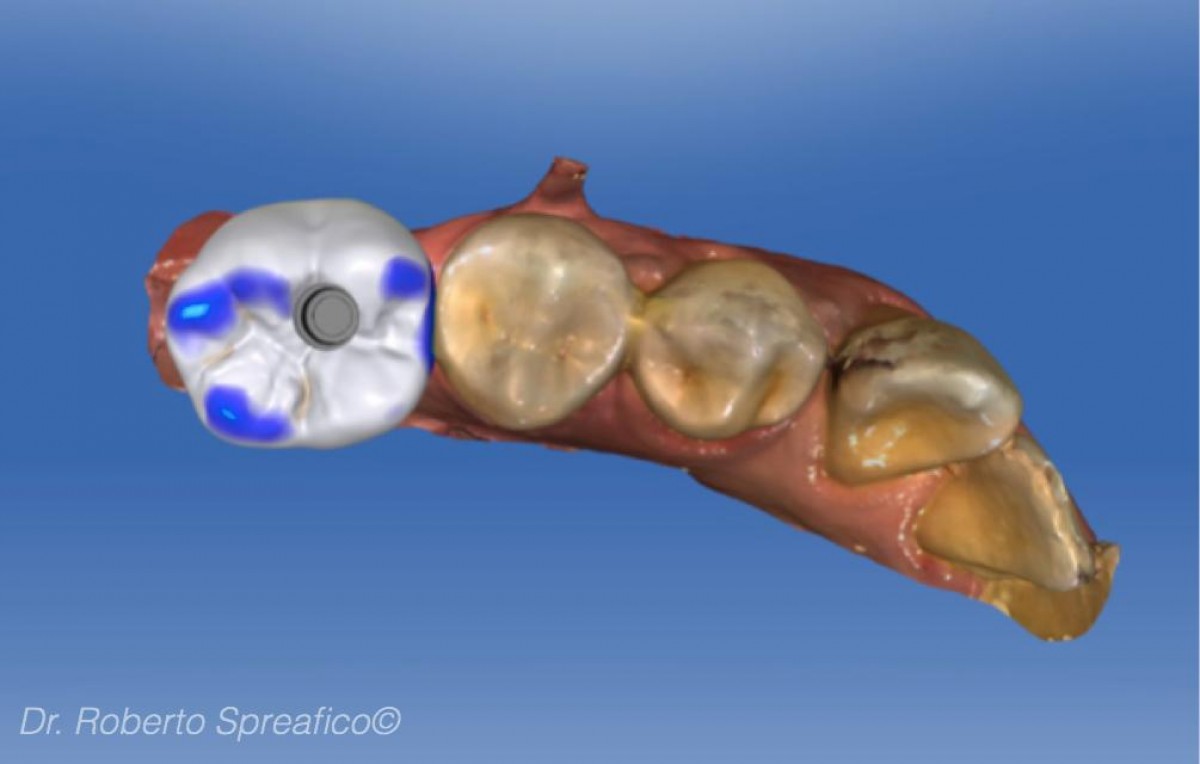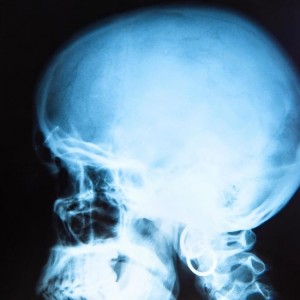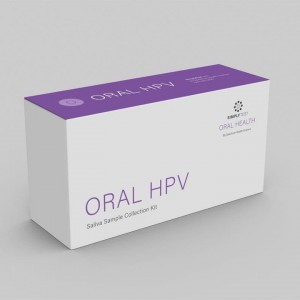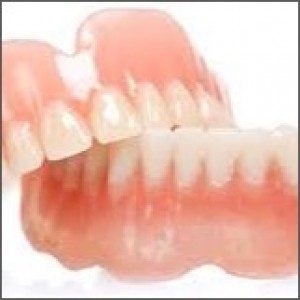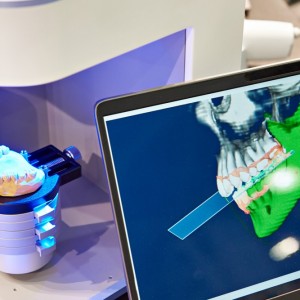
Metal-free implant-supported restorations: modern solutions for single tooth applications
Massimo Gagliani
In many areas of restorative dentistry, metal-free materials offer an alternative to metal-based restorations while ensuring high levels of biocompatibility and esthetics. Rapidly evolving CAD/CAM technology has significantly expanded the range of materials available, providing access to materials classes and their combinations not previously available within conventional manufacturing, such as zirconia ceramics and hybrid ceramics. Mechanical properties over the decades have changed the clinical long-term success but it is still very much dependent on an appropriate indication and proper material selection These two review article provides an up-to-date overview of the possibilities and limitations of metal-free implant-supported single-tooth restorations.
Resultant treatment concepts are presented and evaluated based on clinical examples. Actually, metal free implant abutments, firstly proposed as alumina ceramics, have been substituted by partially stabilized zirconia; among them can be distinguished prefabricated abutments, cast-on/pressable abutments, and CAD/CAM abutments. Prefabricated abutments are available in various sizes, shapes, and angulations. One-piece ceramic CAD/CAM abutments without an adhesive base are fabricated from monoblocks, like titanium abutments. Today, semi-finished zirconia blanks are the raw material almost exclusively used for this purpose; the interface between the implant and abutment will already have been created during the industrial manufacturing process. The external geometry of the abutment is custom-milled from the blank based on the design data or wax-up. In some cases, a certain amount of modification using, for example, matching sintering ceramics can still be performed.
To summarize, the current solutions are: Hybrid abutment with separate crown part and Hybrid abutment crowns.
- Hybrid abutment with separate crown part
To avoid direct contact between the extremely hard zirconia of the abutment (Vickers hardness: approx. 1,200) and the sensitive titanium structures of the implant (Vickers hardness: approx. 384), alternative concepts were quickly developed that facilitated titanium-to-titanium interfaces without having to relinquish the option of using a ceramic abutment. Monolithic crowns made of lithium (di)silicate or zirconia frameworks with a sintered lithium (di)silicate veneer appear to be suitable as definitive superstructures cemented on titanium or zirconia hybrid-abutments. These materials appear to have a failure mode that protects the implant, as their strength is lower than that of monolithic zirconia - Hybrid abutment crowns
The introduction of prefabricated lithium disilicate blanks with an industrially prefabricated connection geometry for titanium adhesive bases has revolutionized the fabrication of metal-free implant-supported single crowns for almost all implant systems. In principle, a hybrid abutment crown can also be produced in a conventional workflow. Prefabricated titanium bases from various manufacturers are available for this purpose, whose height can be reduced if specific guidelines are followed. This second opportunity might simplify the total workflows giving to the clinician the most practical and suitable solution in single tooth implant reconstructions.
For additional informations:
Metal-free implant-supported single-tooth restorations. Part I: Abutment and cemented crowns.
 Related articles
Related articles
Digital Dentistry 01 April 2021
Do Different Finish Lines Determine Different Fitting of CAD-CAM Crowns?
It is well known that marginal and internal fit play a key role in the long-term success of indirect restorations. Misfit leads to plaque accumulation, secondary caries or periodontal diseases,...
 Read more
Read more
Much like EMTs rushing to the scene after an accident, stem cells hurry to the site of a skull fracture to start mending the damage. A new finding has uncovered the signaling mechanism that triggers...
Products 05 November 2025
SimplyTest has launched a groundbreaking saliva-based test to detect high-risk strains of oral human papillomavirus (HPV), a major cause of oropharyngeal cancers.
News 05 November 2025
Perimetrics, Inc., a dental technology company pioneering quantitative diagnostics, announced today that the U.S. Food and Drug Administration (FDA) has granted clearance for the InnerView...
News 05 November 2025
On October 15, open enrollment for Medicare began nationwide. Hundreds of thousands of seniors in New Jersey will once again face the challenge of finding the right Medicare coverage, including the...
Digital Dentistry 04 November 2025
Digitalisation is an expanding field in dentistry and implementation of digital teaching methods in dental education is an essential part of modern education.


